1. A collaborative spirit.
EAC is a team effort. Unlike traditional office counseling where it is just the counselor and client, EAC incorporates at least one other participant: the horse. Sometimes, that means a whole herd of colleagues in a session. The EAC counselor has to be able to pay attention to what the horse is doing because the horse is providing valuable feedback to the client. An EAC counselor also must respect the horse's authenticity and autonomy. By becoming a team with your equine therapy partners (and any human therapy partners like a certified equine specialist), EAC counselors will be able to enhance the session for their clients.
2. Flexibility.
Flexibility is important when working with horses because they often don't feel the need to comply with your agenda. Did you or your client have a plan for how to spend your session? Chances are, your equine therapy partner will have a different idea. EAC counselors have to be willing to sacrifice the original plan in order to attend the client's needs in the here-and-now. Getting caught up what the client is "supposed" to be working on also discounts the horse's agency and can cause you to miss out on some valuable reflective opportunities for the client.
3. An open mind.
EAC is unlike any other type of mental health therapy. We don't talk the whole time, we brave the bugs and the elements, and we consider these huge, four-legged critters to have almost as much input about the process as the two-legged critters do. Sometimes your team's interpretation of what happens in session will be different. The client's perception of the horse's behavior may not align with yours. In those moments, it is imperative to keep an open mind and be willing to let the horses and your clients affect you as much as you might be affecting them.
Think you have what it takes to become an equine assisted counselor? ECC plans to offer training in REPC in the future--keep your eye out for more information when it becomes available!
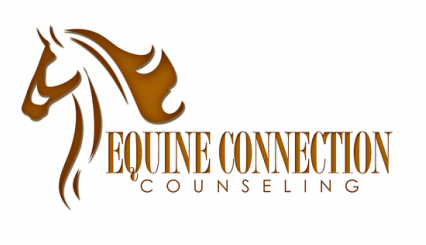
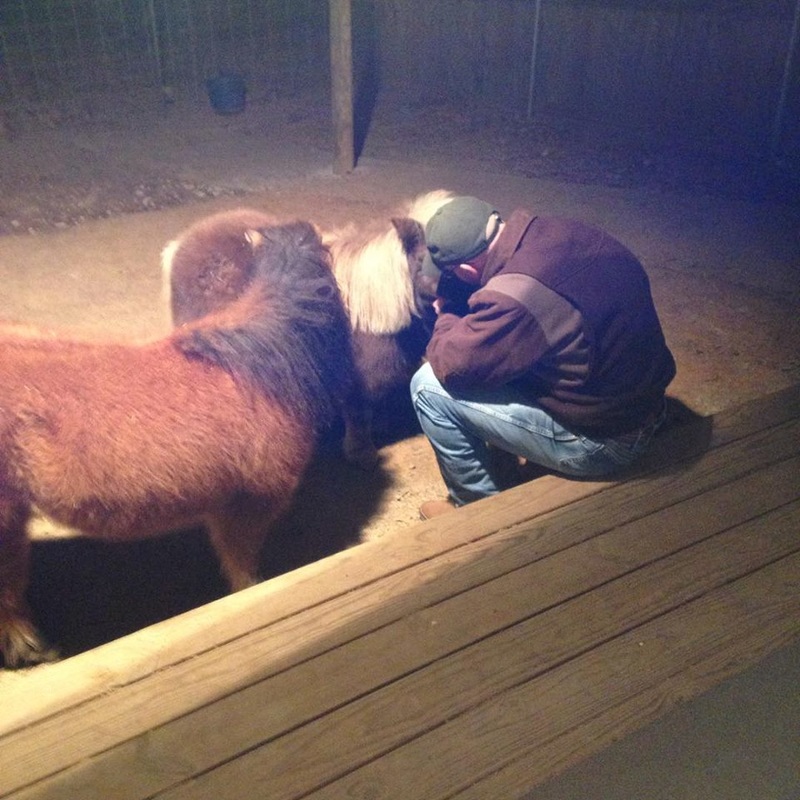
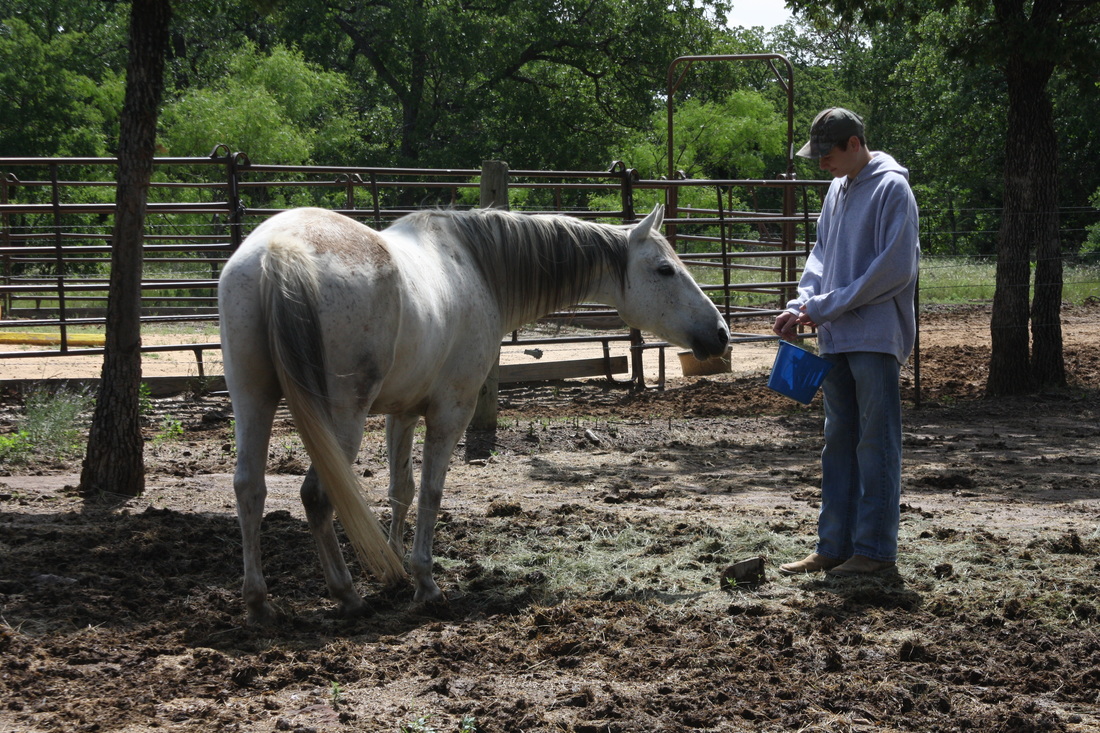
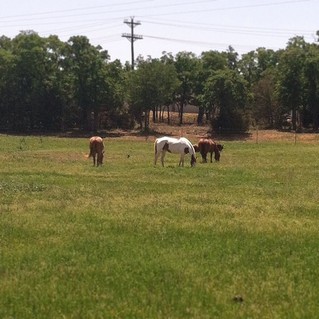
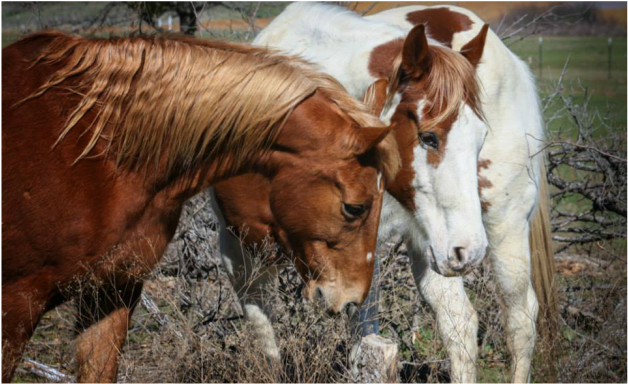
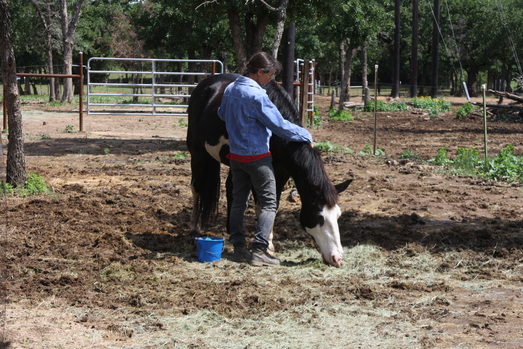
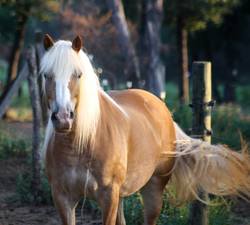
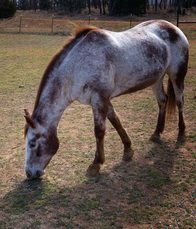
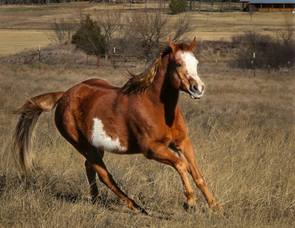
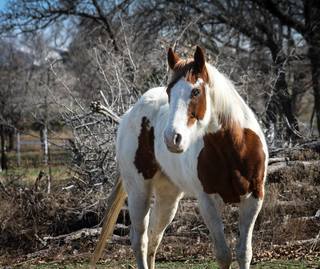
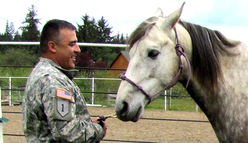
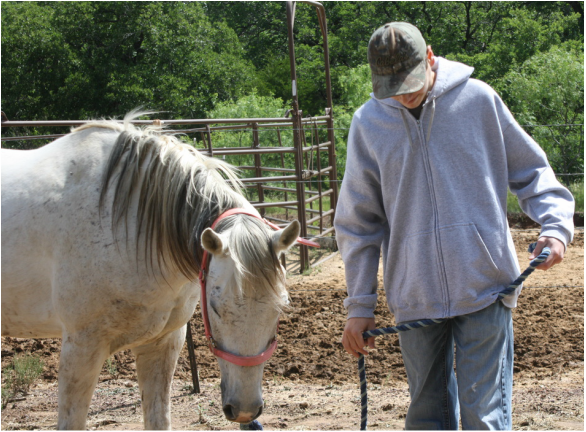
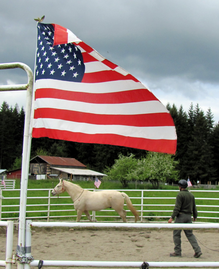
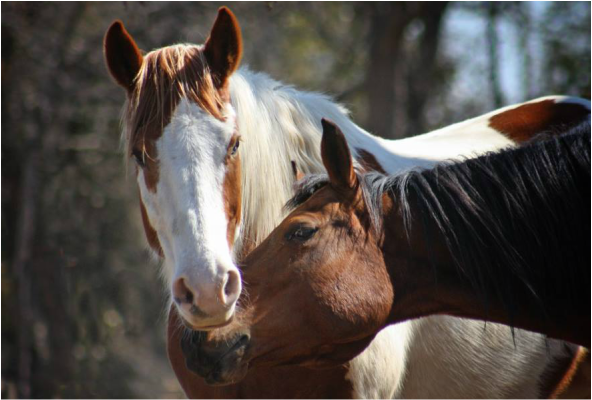
 RSS Feed
RSS Feed
